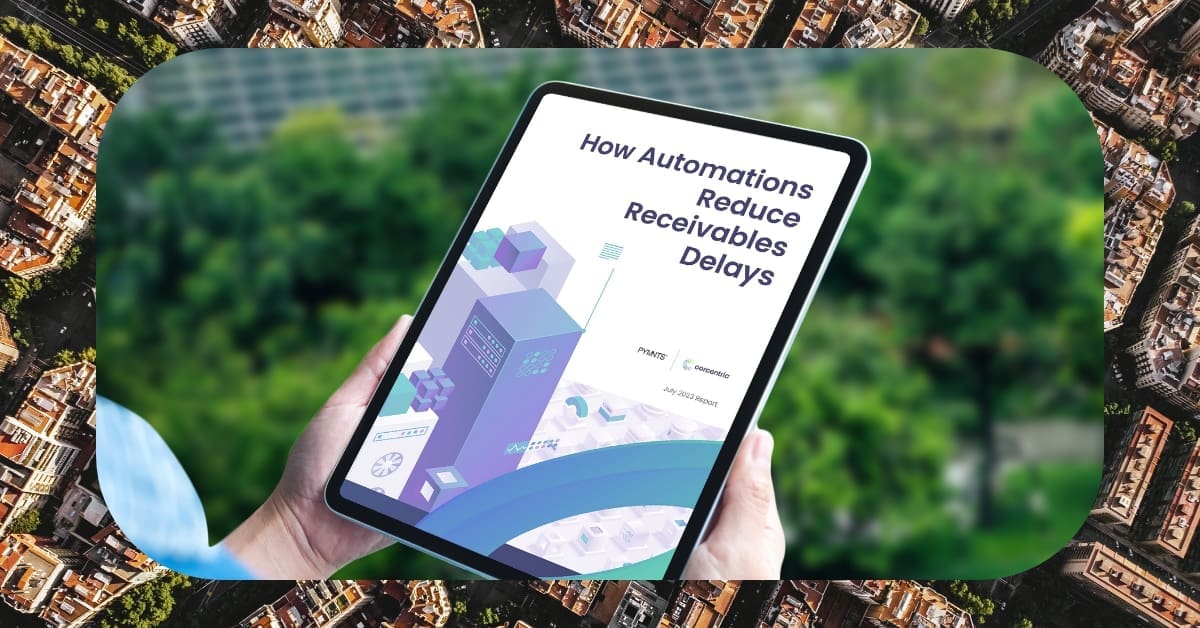Harnessing Managed Services For Simple & Efficient Purchase To Pay Solutions

Purchase To Pay Challenges
Managed Services are often seen as being highly cost-effective and time-saving solutions, however, in order to fully understand their effectiveness, it is important to gain insight into their key features and the benefits they offer.
Managed Services are service platforms, combined with specialist software, which help organizations to facilitate and optimize their P2P operations. Delivered as monthly contract (rather than one-off licenses), the services provide valuable help and assistance in dealing with all types of P2P operations, from strategy to implementation. Managed Services also features functions such as vendor onboarding, audit and compliance and data validation all of which can be accessed on 24/7 basis.
Thanks to the many advantages of Managed Services, companies can benefit from improved visibility into the spend data and can achieve greater control over budget. By bringing more clarity and transparency to P2P operations, the cost-saving benefits of Managed Services can further help organizations to experience fiscal simplification and efficient scalability.
Step 2: Consider How Managed Services Enhance Your Overall Experience When looking into Managed Services as solution for P2P challenges, it is important to assess the wider benefits they offer. Managed Services go beyond simply streamlining procedures, as they can also provide comprehensive support for eCommerce and accounts payable activities. From invaluable assistance in navigating payment processes to supplying assistance with vendor onboarding and even considerable help in comprehending the issues of control and risk, Managed Services can provide powerful platform of support for companies.
Thanks to their scalability and increased automation of procedures, Managed Services can also bring considerable support to organizations operating within the digital sphere. The stresses of staying on top of data protection compliance can also be alleviated, as Managed Services platforms not only provide organizations with the security and protection of optimal cyber hygiene, but also help to stay abreast of the ever-evolving landscape of digital regulations.
Step 3: Investigate How Managed Services Can Support Companies The useful features of Managed Services go beyond the financial aspects. As complete package incorporating both service and software, Managed Services offer range of additional support too.
One benefit of the package is that in the past, companies often had to contend with multiple vendors, all requiring different approaches, leaving them struggling to keep up with procedures and paperwork. Managed Services provide definitive solution to this problem. Furthermore, as the services are delivered in contract format, the services are updated in an efficient and cost-effective way that is designed to offer more flexible packages.The very nature of Managed Services means organizations can benefit from the dual advantages of enhanced control and the validations of payment processes, transferring all of their risk. Managed Services can even ensure that companies of all sizes can remain audit compliant, all the way from vendor onboarding to payments.
Step 4: Choose Managed Services Provider When selecting Managed Services provider, you should carefully consider number of factors to ensure you find the most suitable vendor for your organization. Understanding the requirements of your company and the type of vendor service that you are looking for are essential in finding the best Managed Setup provider for you.
Investigate the various features the vendor offers and pay particular attention to those areas that closely meet the needs of your business. Also, consider the levels of customerservice the provider offers and if it is appropriate for the teams who will be using the service platform. Once you have identified the most suitable provider, you must also research the terms of the contract and investigate the process of data migration.
Step 5: Onboarding and Implementing Managed Services Once the agreement is complete and you have signed the contract, managed services can usually be up and running within 48 hours. The vendor should provide training and assistance to ensure your teams have comprehensive understanding of the service platform.
The data migration process should be seamless and smooth, thanks to the provider?s ability to handle the most complex data sets. Knowing the exact courses of action. The vendor should be fully onboarded, with all of the support you need and comprehensive account setup.
Conclusion
Managed services can provide an invaluable source of support for finance C-suite executives looking to streamline their P2P processes. With robust features that encompass vendor onboarding, compliance, data visibility, audit and compliance and data validation functions, Managed Services can deliver an end-to-end package that offers tangible cost-saving, fiscal simplification and efficient scalability.
By providing step-by-step guide on how to find the right Managed Services provider, understand the benefits they offer and set the services up and implement the data migration process, this article has outlined the exact steps C-suite personnel need to take to bring efficient and reliable P2P solutions to their organizations.

